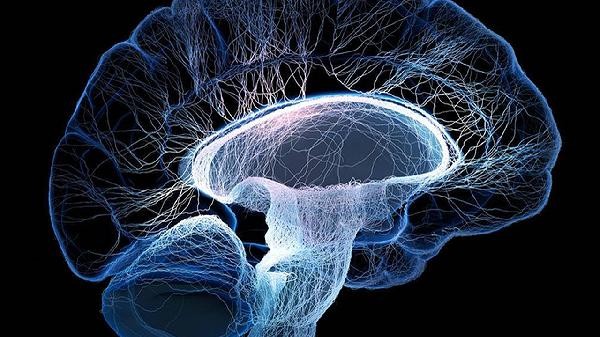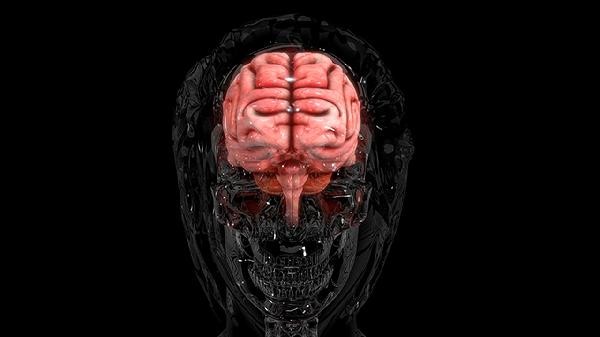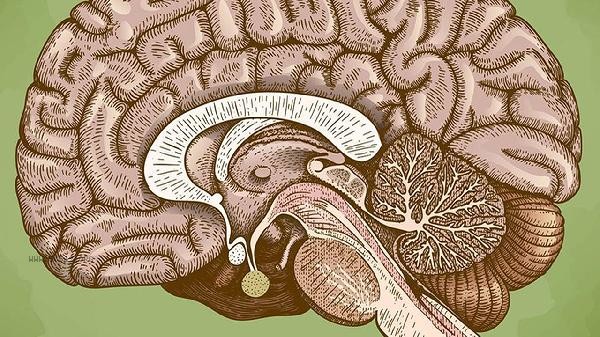The drowsiness and drowsiness of the brain may be caused by insufficient sleep or physiological fatigue, or it may be related to diseases such as anemia, hypothyroidism, depression, etc. If this situation persists for a long time, it is recommended to seek medical examination to rule out potential health problems.

1. Lack of Sleep
Adults need 7-9 hours of sleep per day, and long-term sleep deprivation can lead to insufficient oxygen supply to the brain. Using electronic devices before bedtime can inhibit melatonin secretion. It is recommended to stay away from mobile phones and computers one hour before bedtime and keep the bedroom dark and quiet. Establishing a fixed schedule can help improve sleep quality.
2. Nutritional deficiency
Iron deficiency can affect the oxygen carrying capacity of hemoglobin, while vitamin B deficiency can interfere with energy metabolism. Daily diet should pay attention to consuming iron rich foods such as red meat, animal liver, dark vegetables, as well as whole grains, nuts, and other foods rich in B vitamins.
3. Dehydration
Lack of water in the body can lead to a decrease in blood volume and insufficient blood supply to the brain. 1500-2000 milliliters of water should be consumed daily, and the amount of water should be increased during exercise or in high temperature environments. Observing the color of urine, light yellow is the ideal state.

4. Hypothyroidism
Insufficient secretion of thyroid hormones can reduce metabolic rate, and common symptoms include drowsiness, fear of cold, and weight gain. Blood tests can detect thyroid stimulating hormone levels, and after diagnosis, medication such as levothyroxine sodium should be taken according to medical advice.
5. Depression
Depressive emotions can affect the balance of neurotransmitters in the brain, manifested as sustained fatigue and decreased interest. Psychological therapy combined with antidepressants such as fluoxetine hydrochloride and sertraline can improve symptoms. Maintaining regular exercise helps promote the secretion of endorphins. Improving drowsiness requires comprehensive conditioning, ensuring sufficient sleep time, and engaging in 30 minutes of aerobic exercise such as brisk walking and swimming every day. Pay attention to balanced nutrition in diet and supplement water appropriately. Get up and move around every hour during work and study, take deep breaths or relax your eyes. If the symptoms persist for more than 2 weeks without improvement, or are accompanied by symptoms such as headache and memory loss, it is necessary to seek timely medical attention at the neurology department for detailed examination to rule out organic diseases. Sleepiness caused by psychological factors can seek psychological counseling and adjust negative thinking patterns through cognitive-behavioral therapy.









Comments (0)
Leave a Comment
No comments yet
Be the first to share your thoughts!